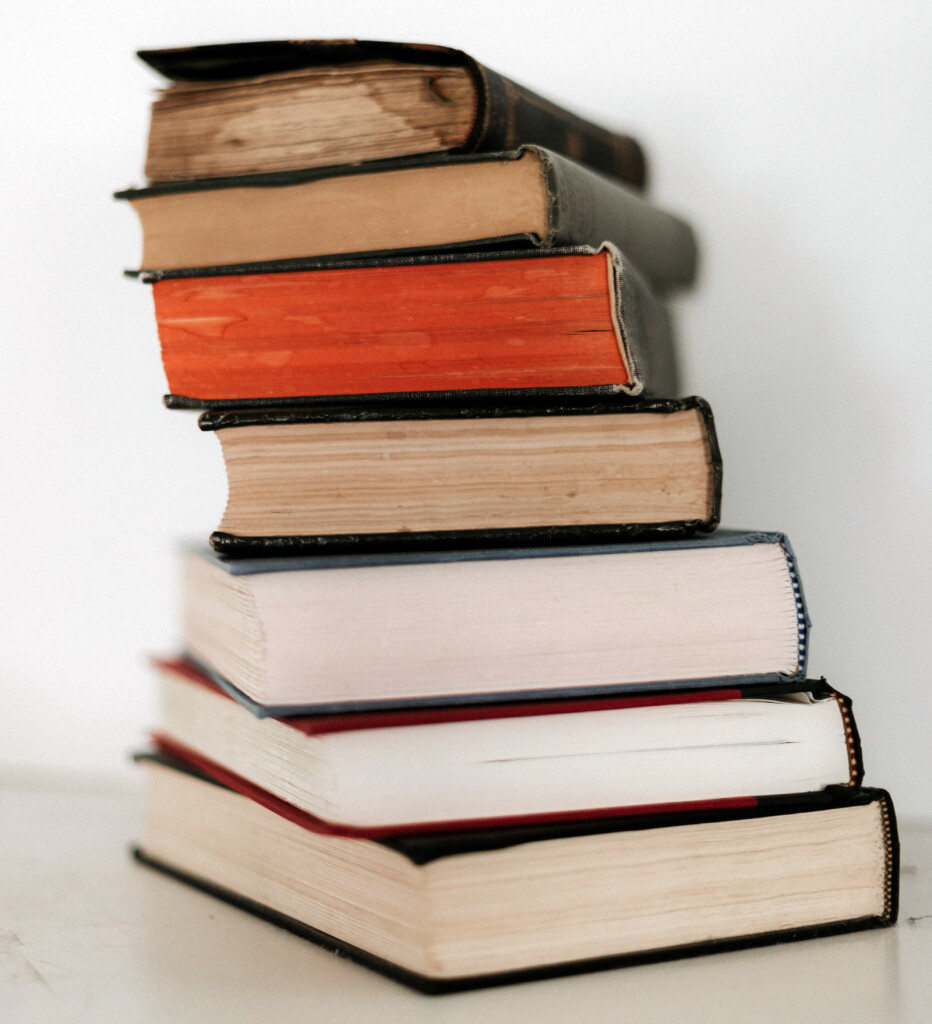
Parashat Vayelekh/Shabbat Shuvah/Yom Kippur
Deuteronomy 31:1-31:30
This shortest of all Torah readings contains the final two commandments (mitzvot) of the traditional count of 613 commandments in the entire Torah. Both mitzvot are concerned with the growth of the Torah as a force in Jewish life. One mitzvah is called haq’hel – to congregate and hear the words of the Torah read in public. The other is to write a Torah scroll for one’s self.
We see that the Torah approaches the task of spreading the Torah in two realms, the public, collective realm, and the realm of the individual. Both realms are essential.
There are so many lessons we must take to heart from our experiencing of this terrible pandemic. In these times of confusion and turmoil, we must ask ourselves how we wish to adapt to new challenges and what decisions we wish to adopt so that we live constructive lives in this fragile world of ours. The lesson of the importance of community has struck us forcefully as we emerge from our exciting experience of the celebrating Rosh Ha-Shanah together for the first time since before the pandemic. We can certainly appreciate how wonderful it is to connect to the Torah in a communal setting, with all the generations present for each other.
But our pandemic experience has also taught us that we still have much to learn about improving our Jewish experiences as individuals. It has become clear that too many of us do not own the basic volumes that comprise a Jewish library – a copy of the Torah, the TaNaKH (Hebrew Bible), the prayer book, let alone other works of Jewish history, thought, culture, and so on. Synagogues everywhere have done a great job making these texts available, through virtual copies and by lending out hard copies of these books. But this is really only an emergency measure. The ancient mitzvah to write for one’s self a Torah scroll means, for us today, the command to acquire for ourselves those basic books needed for Jewish literacy – not in case of emergency, but as a primary resource for living – every day.
During this period of soul-searching and self-renewal, will we allow ourselves to return these treasures into our homes and into our lives?
Shabbat Shalom v’Shanah Tovah!
Rabbi David Greenstein
Subscribe to Rabbi Greenstein’s weekly d’var Torah
Photo by Priscilla Du Preez on Unsplash
Thank you to John Lasiter for suggesting the title and selecting an image for this Torah Sparks – Rabbi Greenstein
- Toby Stein: In Memoriam - Thu, Feb 8, 2024
- Faithfulness and Hope: Parashat Sh’lach - Thu, Jun 23, 2022
- Past Their Prime: Parashat B’ha`a lot’kha - Thu, Jun 16, 2022
